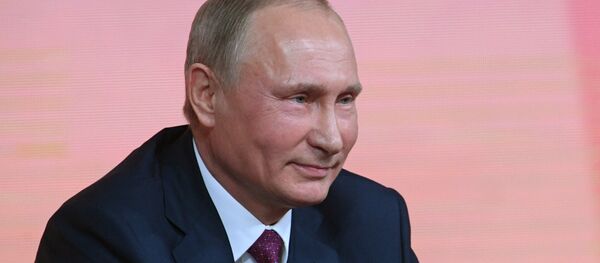"Kaspersky Lab disagrees with the inclusion of Eugene [Kaspersky] in the list of oligarchs, because that term presupposes possession of a large capital and exerting political influence with its help. Kaspersky Lab does not have political connections and does not use political influence in any country of the world, including Russia, and cannot be considered 'an oligarchical structure'… Kaspersky Lab earns more than 82 percent of its revenue abroad," the company said.
READ MORE: Ex-US Envoy McFaul Surprised US 'Kremlin Report' Took Much Time to Be Made
Kaspersky noted on his personal Twitter account that the people behind the list did not seem to understand the meaning of the word "oligarch," or they would not have included him and other businessmen with no ties to the government.
My comments on the list published by U.S. Treasury Department:
— Eugene Kaspersky (@e_kaspersky) January 30, 2018
1) It’s not a sanctions list, people on it aren’t subject to further restrictions. Our operations are intact, we keep providing our customers with protection against any cyberattacks regardless of their origin
2) The list 100% matches the Forbes' rating of RU billionaires https://t.co/ZrfRUgl7RR
— Eugene Kaspersky (@e_kaspersky) January 30, 2018
3) I believe the people behind the list don’t understand the meaning of the word 'oligarch' otherwise wouldn’t include me and other successful businessmen with no ties to the government
4) Calling all successful businessmen from the Forbes ratings https://t.co/Agzgg1zZ2F 'oligarchs' is incorrect. I believe @BillGates @WarrenBuffett & @JeffBezos would agree with me here pic.twitter.com/j2ZTtBYJMN
— Eugene Kaspersky (@e_kaspersky) January 30, 2018
The software company has already faced pressure in the United States over its alleged ties to Moscow. In September, the US Department of Homeland Security issued a directive ordering government agencies to delete Kaspersky products from their computers over security concerns. The company has denied all cyberespionage allegations.




